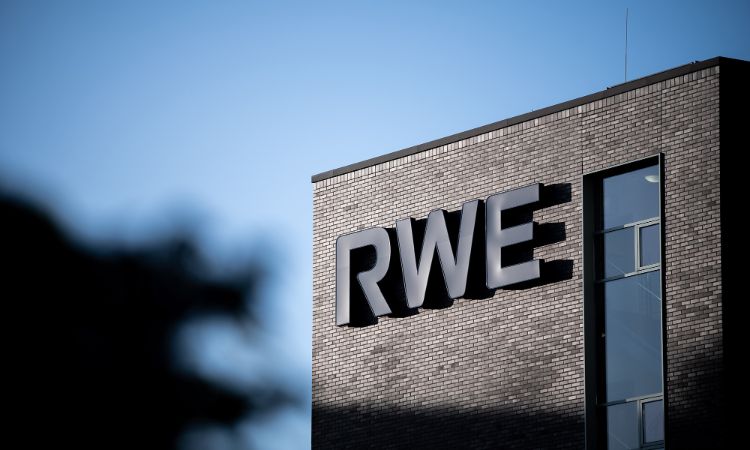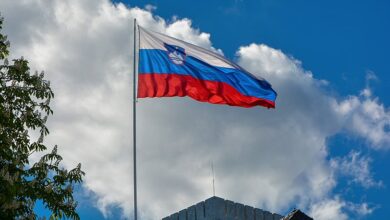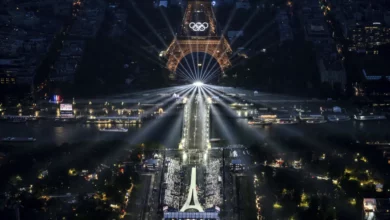
German power producer RWE (RWEOY) and Norwegian state-owned energy firm Equinor on Thursday announced plans to build hydrogen-fueled power plants in Germany over the next few years, as well as a major pipeline between the two countries to feed them.
The agreement — which is not yet legally binding — is part of Germany’s efforts to phase out all coal-fired power stations by 2030 and decarbonize its energy sector. Berlin has pivoted dramatically away from Russia as a source of energy since its invasion of Ukraine, and needs to find secure alternative suppliers.
“Through this collaboration we will strengthen the long-term energy security for Europe’s leading industrial country,” Anders Opedal, Equinor’s CEO and president, said in a joint statement.
The power plants, jointly owned by RWE and Equinor, will initially run on natural gas produced in Norway before transitioning to “blue” hydrogen, also produced in Norway using natural gas and pumped through the underwater pipeline, the companies said.
More than 95% of the carbon dioxide emitted during the production of hydrogen will be captured and stored under the seabed, they added. Equinor plans to develop a 2 gigawatt production capacity for “blue” hydrogen by 2030.
The ultimate aim is to generate so-called “green” hydrogen using renewable energy produced by offshore wind farms, they said, without providing target dates.
The European Union has a target to build a 40 gigawatt renewable hydrogen production capacity by 2030.
“There is an urgent need for a rapid ramp up of the hydrogen economy,” Markus Krebber, RWE’s chief executive, said in the statement. “Blue hydrogen in large quantities can make a start, with subsequent conversion into green hydrogen supply.”
The companies did not state how many power plants they intend to build, or the value of their joint investments.
Norway is now Europe’s biggest supplier of natural gas, according to EU official statistics. Ever since Russia started slashing its exports to the bloc in retaliation for European sanctions over the war in Ukraine, the Nordic country has ramped up its own exports to help fill the gap.
“In the midst of the energy crisis, we see how important Norway is as a reliable supplier of gas to Europe, but we also see how crucial it is that we switch more quickly to more renewable energy.” Norwegian prime minister Jonas Gahr Stoere told reporters in Oslo on Thursday, according to a Reuters report.
Just before Russia invaded Ukraine in late February, Germany scrapped plans to use the Nord Stream 2 pipeline, which was built by Gazprom to deliver up to 55 billion cubic meters of natural gas per year — or more than half of Germany’s annual consumption.
In the months that followed, Russia dramatically cut flows of natural gas through the Nord Stream 1 pipeline. Flows on that pipeline stopped altogether in August when it shut for repairs. It didn’t reopen.
Both pipelines were hit a month later by a series of explosions. Denmark and Sweden have said the infrastructure was deliberately targeted, and Sweden’s security service has said that it cannot be ruled out “that a foreign power is behind it.”
Suspicion has fallen on Russia as the only actor in the region believed to have both the capability and motivation to deliberately damage the pipelines. The Kremlin has denied striking the pipelines.
After the explosions, NATO vowed to mount a “united and determined response” if the damage proved to be deliberate.
— Charles Riley and Julia Horowitz contributed reporting.




